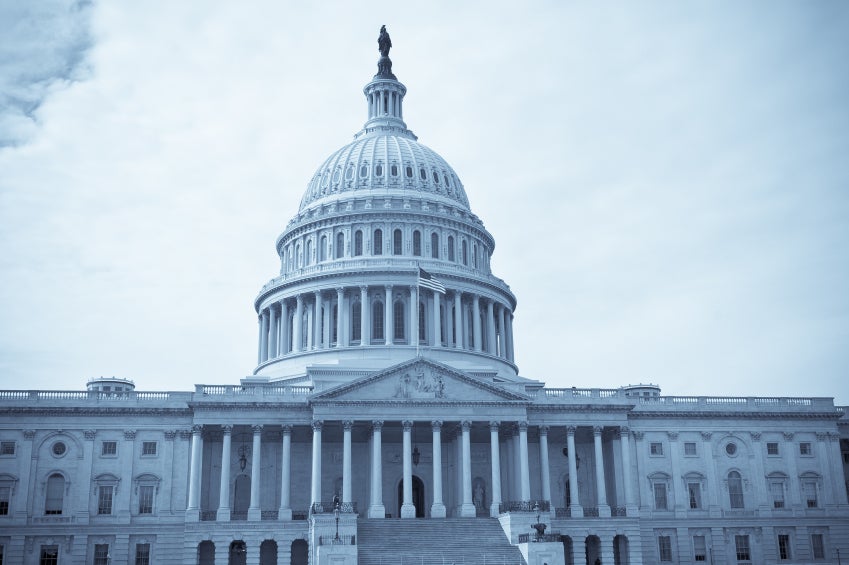CBA Comment Letter on Hearing re Examining Mandatory Arbitration in Financial Service Products

Dear Chairman Brown and Ranking Member Toomey:
I write on behalf of the Consumer Bankers Association (CBA) regarding the hearing entitled “Examining Mandatory Arbitration in Financial Service Products.” CBA is the voice of the retail banking industry whose products and services provide access to credit for consumers and small businesses. Our members operate in all 50 states, serve more than 150 million Americans, and collectively hold two-thirds of the country’s total depository assets.
Overwhelmingly, disputes between companies and their customers are resolved through informal channels and do not elevate to formal proceedings. Arbitration has been an established and well-regarded dispute resolution tool for all participants. Only a fraction of the time does a dispute rise to the level of a formal action. For many consumers, pursuing litigation is a costly, complicated, time-consuming process that requires a lawyer to navigate.
Many companies have complaint management procedures and strong business incentives to provide well-informed and mutually satisfactory outcomes with their customers. When disputes are not able to be resolved and formal legal action is needed, arbitration is a cost-efficient and proven alternative to litigation. Respected Supreme Court Justice Stephen Breyer stated in a 1995 opinion that without arbitration, “the typical consumer who has only a small damage claim (who seeks, say, the value of only a defective refrigerator or television set) [would be left] without any remedy but a court remedy, the costs and delays of which could eat up the value of an eventual small recovery.”
In 2015, a Richard Cordray-led Consumer Financial Protection Bureau (CFPB) conducted a comprehensive empirical study of arbitration outcomes. The study established that arbitration is less costly than litigation and results in significantly higher returns for consumers. Arbitration also provides the consumer with a significantly quicker process, typically taking months while class actions can take years.
The CFPB’s study revealed:
- Arbitration is up to 12 times faster than litigation in providing consumers with a resolution to their dispute. Disputes in arbitration were generally resolved in 2-8 months, while a class action lawsuit averaged about 1 year for completion (and frequently over 2 years).
- Arbitration provides 166 times more in recovery, as consumers obtained an average of $5,389 in arbitration versus $32.35 in class actions.
- Trial attorneys handling the 562 class action cases included in the study (none went to trial) received nearly $425 million – while the average consumer involved in a claim received about $32. Over 90 percent of class members received no cash relief.
- Over 60 percent of class actions resulted in no relief for putative class members, as these cases were either settled individually or withdrawn by the plaintiff. In addition, only 12 percent of class actions even obtained a final class settlement.
As the study showed, trial attorneys are in a significantly better position to benefit from a prohibition on arbitration than consumers. To that point, Congress should refrain from considering legislative proposals to eliminate Americans’ right to negotiate enforceable pre-dispute arbitration agreements, which has been guaranteed for nearly a century under the Federal Arbitration Act of 1925. Abolishing the ability to willingly enter into pre-dispute arbitration agreements is contrary to the public interest, as over 97 years of evidence that clearly demonstrates this method of dispute resolution is a convenient, simple, and efficient alternative.
In 2017, Congress took action and used the Congressional Review Act (H.J. Res. 111) to reaffirm its longstanding support and reject the elimination of arbitration agreements that would deprive consumers of a well-established alternative dispute resolution process, increase legal costs, and reduce opportunities for recovery. We urge Congress to reject any proposal that would limit options for consumers and preserve the ability to choose alternative dispute resolution methods instead of forcing all future parties into expensive and time-consuming court battles.
Thank you for your consideration and we remain eager to work with you on these important issues.
Sincerely,
Richard Hunt
President and CEO
